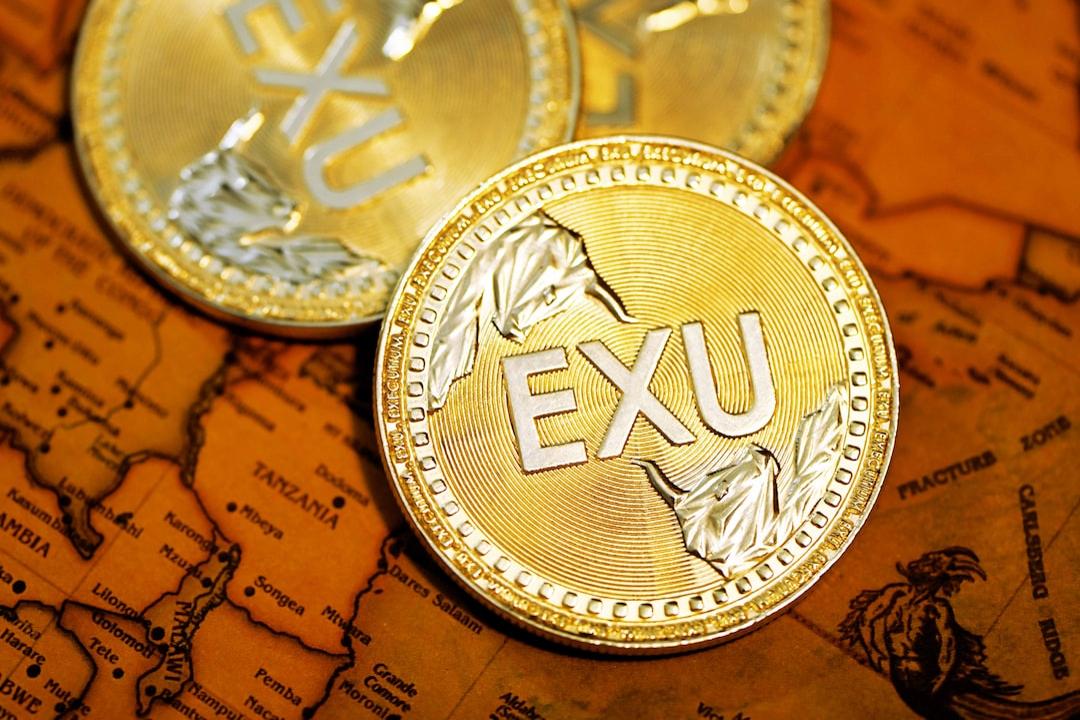UAE Grants Preliminary Approval for First AED Stablecoin Issuer
The Central Bank of the UAE has given preliminary approval to AED Stablecoin, allowing them to become the first regulated issuer of a dirham-pegged stablecoin, AE Coin, under the new Payment Token Services Regulation.
The Central Bank of the United Arab Emirates (CBUAE) has granted preliminary approval to AED Stablecoin on October 14, making them the first issuer of a fully regulated dirham-pegged stablecoin in the UAE. This development falls under the CBUAE’s newly established Payment Token Service Regulation framework and aligns with the UAE government’s Digital Government Strategy 2025.
The recent licensing framework released by the central bank prohibits the use of crypto for payments unless it involves licensed dirham-pegged tokens. The approval of AED Stablecoin signals a more inclusive approach to cryptocurrency.
While this initial license does not grant full authority to implement their stablecoin plans immediately, it is a significant step towards realizing their ambitions. AED Stablecoin aims to launch the AE Coin, a dirham-pegged stablecoin that will serve as both a local trading pair and a widely accepted payment method for everyday transactions in the UAE.
However, the stringent regulations for stablecoins established by the CBUAE’s licensing framework present challenges for AED Stablecoin. Algorithmic stablecoins and privacy tokens are prohibited, and fully cash-backed assets are required. Issuers must ensure that their stablecoins are backed by cash held in a separate escrow account denominated in dirhams within a UAE bank. Alternatively, at least 50% of the reserve assets can be maintained in cash, with the remaining portion invested in secure options like UAE government bonds and CBUAE Monetary Bills.
If fully approved, AE Coin could simplify engagement with digital assets for residents and traders and facilitate day-to-day transactions. It could also expand the use of crypto payments in the UAE as merchants may accept stablecoin for everyday goods and services.
The approval of AED Stablecoin positions them to compete against established players in the stablecoin market, such as Tether, which issues USDT, the world’s largest stablecoin by market capitalization. Tether has recently announced partnerships with local firms Phoenix Group and Green Acorn Investments to introduce its dirham-pegged stablecoin, indicating a growing interest in this market segment.
Dubai’s Virtual Assets Regulatory Authority (VARA) has also been enforcing regulations in the crypto landscape. Companies promoting virtual asset investments must include a disclaimer in their marketing materials, indicating the potential value fluctuations and volatility of such assets. VARA aims to ensure responsible service delivery by virtual asset providers and enhance transparency and trust in the market. They have fined seven businesses for violating marketing regulations and operating without necessary licenses, with fines ranging from 50,000 to 100,000 UAE dirhams for each entity.

